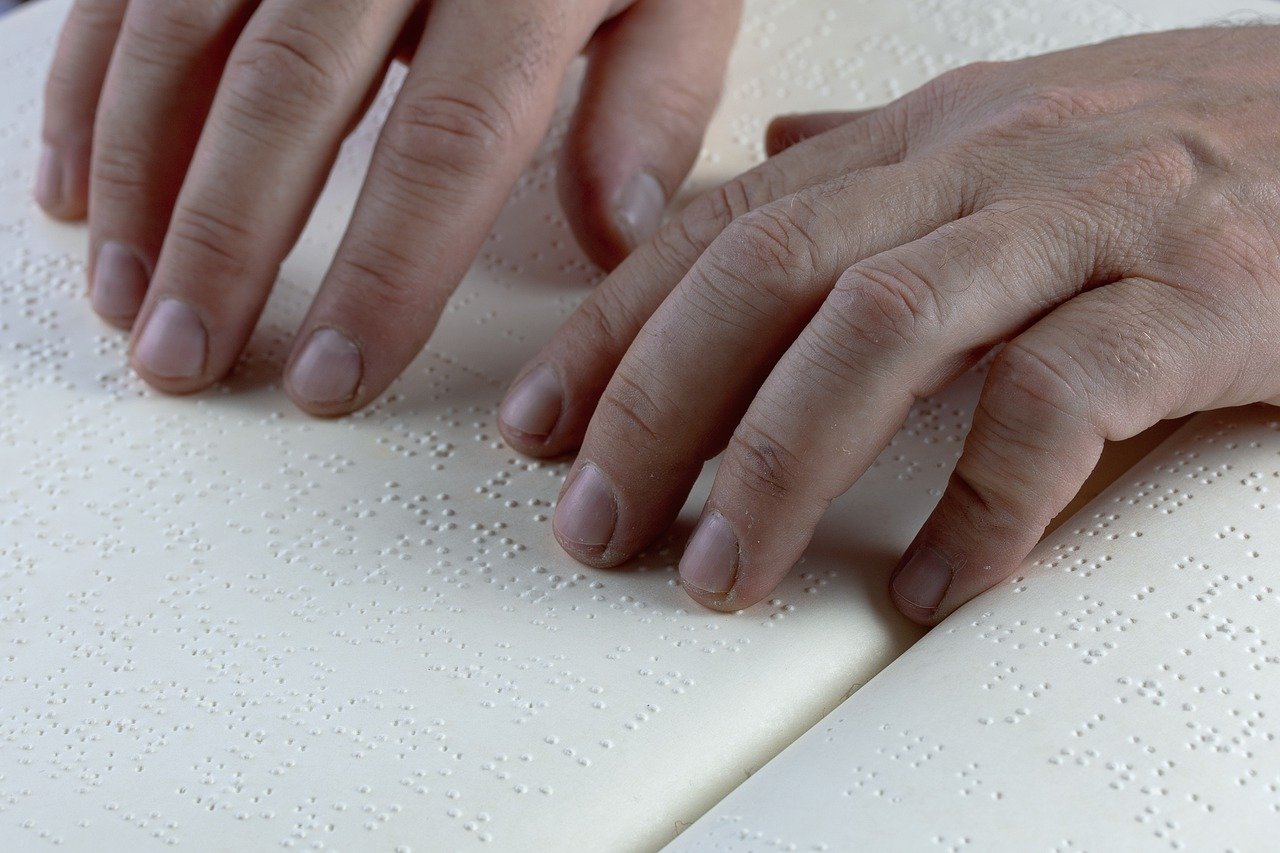Low Vision and Assistive Aids
Low vision is vision loss that is permanent and cannot be corrected with medical or surgical intervention or conventional prescription eyeglasses. Devices are available to assist persons with low vision to live as independently as possible, keep up with their activities and social life.
Vision rehabilitation therapy is beneficial to people with low vision to help them identify ways to adapt and devices that work for them as each individual is different (American Academy of Ophthalmology, 2021).
Assistive Aids that could be beneficial to a low vision patient and considered when creating a life care plan fall under a few different categories, including:
- Vision aids such as magnifiers, braille, electronic magnification, electronics and records, lamps and lighting, sunglasses, and devices with larger print/buttons such as telephones and calculators
- Health care devices such as talking glucose meters, thermometers, blood pressure monitors, brailed pill organizers, take and slide pill bottles or clip on bottle magnifier
- Daily living aids
- Location aids such as bump dots and Home Appliance Labeling and Overlay Systems
- Dressing aids such as talking color identifier, reacher/grabber, shoehorn and zipper puller
- Kitchen/cooking aids such as talking timer, microwave cookers for eggs, pasta, talking digital cooking thermometer and low vision black and white cutting board
- Mobility aids and durable medical equipment such as folding canes and bathroom safety such as grab bars, and shower chairs/stools
- Assistive technology such as braille translator for Windows, voice recorders with Dragon Software, and other software programs, digital book readers, keyboards and keyboard labels, talking calculators, readers and scanners and screen magnifiers
A great resource for researching and learning about the above-listed aids/devices is Independent Living Aids, LLC.
References
Independent Living Aids, LLC (2021). Products for Your Active, Independent Lifestyle retrieved from https://independentliving.com/assistive-technology/
Turbert, D., Gudgel, D. (2021). What is Low Vision? American Academy of Ophthalmology retrieved from https://www.aao.org/eye-health/diseases/low-vision


